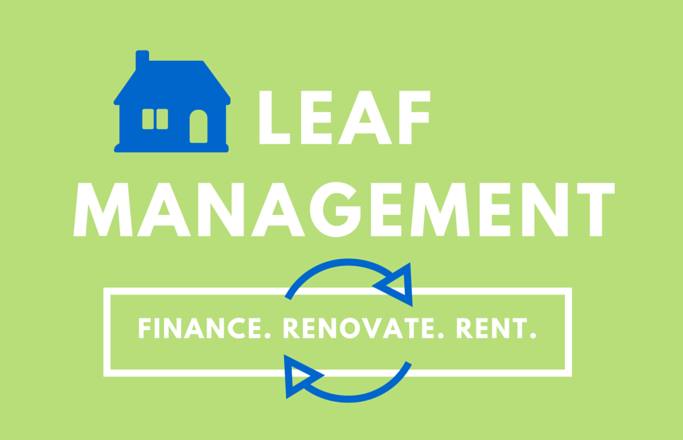During the COVID-19 pandemic, more Americans than ever adopted pets, with the American Society for the Prevention of Cruelty to Animals estimating 23 million American households added new furry friends to their households in the last few years. What does that mean for you as a rental property owner? There may be a huge market of renters you’re not reaching if you don’t allow pets in your units. It’s not an easy decision to make, however, because there are certainly risks. Before you make any decisions, think closely about the potential pros and cons.
Pros:
- More tenants to choose from. This is the big one! There are many pet owners looking for places to live with fewer options to choose from. If you’re struggling to find good tenants, this might just be what makes it worth it.
- Many pet-owning tenants are willing to pay a premium to bring their furry family members with them. In addition to higher base rent, this can also come in the form of a pet deposit or monthly pet rent and help put more money in your pocket.
- Responsible tenants. While you may be worried about the risks of pets in your units, oftentimes pet owners can be excellent tenants. They have taken on the responsibility for owning a pet and often understand they must be on the best behavior to keep a place for their dog or cat.
Cons:
- You risk damage to your unit. Dogs and cats may chew, scratch, or have accidents inside. There are several ways you might mitigate this risk, from establishing a higher pet deposit to creating a strong pet policy in your lease. Get advice from others as to what a good pet policy looks like. You might also include a policy that requires renters to have the unit professionally cleaned upon move out.
- Pets might disturb neighbors in the building or on the block whether through barking or running around overhead another unit. Again, you should outline how issues like this will be addressed in your pet policy. This might include warnings and fines. If you’re worried about this risk, consider a cats-only rental. They are still in demand, but you likely won’t have to deal with as many noise issues as exist with dogs.
- There are potential liabilities to think about, especially related to the risk of dog bites. While you can’t ever eliminate the risks here, talking to a rental professional about the kind of liability insurance you should have and what you should require your tenant to have is an important first step.
There’s no right or wrong decision, just like many other aspects of managing a rental. Thinking about the potential risks you are comfortable with is a critical first step in deciding if making your units pet-friendly is the right choice.
